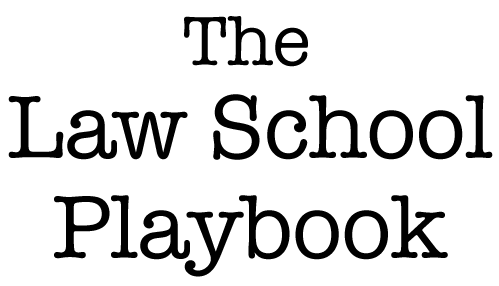We all have internal voices that drive our actions. A scientific concept called neuroplasticity tells us that these voices, whether driven by conscious or unconscious thoughts, can actually shape our brain structure and function. If you’re a science fan like I am, you’ll find this fascinating.
It sounds simple and even exciting—change your thoughts to change your brain! Think happy to feel happy! It’s not that easy, however, given that human brains are hardwired with a negativity bias.
In simple terms, the negativity bias means that we are much better at learning from our bad experiences than our good ones. This bias made sense in early human history when the fight-or-flight response was critical to survival. The negativity bias makes far less sense today, however, when it prompts me to sweat a single negative student evaluation as opposed to celebrate a stack of positive ones.
So how do we use self-talk to change our lives for the better? To begin, we must recognize our own inner voices. What are we saying to ourselves and is it helping or hurting? In my office, I can sense many students’ internal voices, some hurtful and some helpful.
In keeping with the negativity bias, I will start with the hurtful voices first. These include The Perfectionist, The Self-Skeptic, and The Rebel.
Hurtful Inner Voices
The Perfectionist: This voice is all or nothing. It tells a student that class prep needs to be an A+ equivalent to be worthwhile. If the student can’t do 100% of the reading, the student won’t read at all. This voice stops a student from completing major projects like creating a course outline or writing a paper, because they, too, must be perfect. This voice obsesses over details and cannot trust peers to meet the expected standards. Thus, participating in study group or consulting with fellow students is considered a waste of time. This voice leads to perfection paralysis, isolation, and overwhelm.
The Self-Skeptic: This voice gathers evidence to convince itself that failure is inevitable. It discounts any successes and leads to catastrophizing. This voice will ask questions like, “what if I fail out?” or “what if I lose my scholarship?” despite evidence of success. This voice causes a student to compare and despair based on the belief that everyone else understands the material better or is able to perform better under pressure. This voice leads to feelings of inadequacy and lack of motivation.
The Rebel: This voice knows the behavior necessary for law school success but deliberately chooses not to engage in it. Instead, this voice promotes self-sabotage. It tells a student to use case summaries or canned briefs instead of reading the cases themselves. This voice tells a student to skip class despite knowing that valuable information is being discussed. The rebel voice causes a student to forgo professor feedback or to submit a writing project past the deadline for a penalty. In sum, this voice makes failure a self-fulfilling prophecy.
In contrast, helpful inner voices include The Investigator, The Cheerleader, and The Nurturer.
Helpful Inner Voices
The Investigator: This voice is intellectually curious. It prompts a student to locate definitions to new words and to seek clarification from a professor or fellow student. It causes a student to engage in deep, concentrated work. It encourages participation in networking opportunities like informational interviews to find the proper career path. This voice tells a student that studying is primarily for development in their chosen profession and secondarily for a grade. This voice leads to greater law school and career satisfaction.
The Cheerleader: This voice is a student’s biggest fan, unequivocally cheering the student on as they work toward their goals. According to this voice, a win is always within a student’s reach. This voice celebrates both small and large victories, recognizing that both are vital to success. This voice sounds like a supportive parent or friend, and it is always there to tell a student, “You can do it!”
The Nurturer: This voice helps a student to have a growth mindset and keeps challenging situations in perspective. It encourages a student to practice self-care and to seek help when they need it. This voice prioritizes mental and physical wellness and recognizes that law school generally (and law school grades in particular) do not define the student.
We each use a combination of these inner voices. No one voice is wrong or bad, and there are no “should” or “musts” about using them. What we do know is that they matter and you have the power to choose. You can, for example, write a goodbye letter to your hurtful voices, telling them that they no longer serve you. Or you can pick a helpful voice to focus on—one that will prompt you to dismiss the hurtful ones as they come up.
Instead of resolving to “get better grades” or “study more,” resolve to use an inner voice that will serve you. What will you tell yourself this year?
